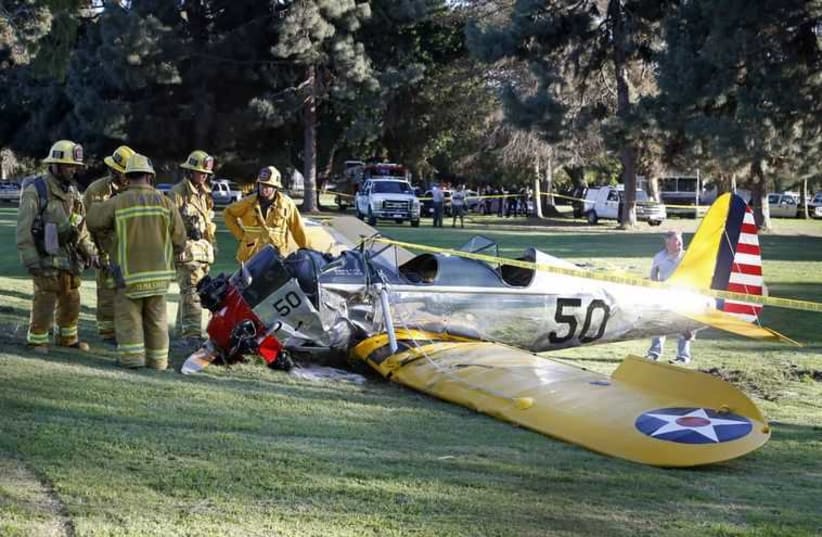See the latest opinion pieces on our page
And what I saw was true cause for celebration.The first thing I noticed was the smooth transition of power from one Knesset to the next. While power and leadership in other countries in our region are dictated by violent rulers and terrorizing Islamic fundamentalists, Israelis went to the polls in tense and polarizing elections, winners emerged and were peacefully sworn into office. That reality, alone, was cause for great celebration.A look at the personalities sworn into office provides further reason for celebration. There are more women than ever before in the Knesset. Jews from all religious, racial and national backgrounds as well as Druse, Christians, and Muslim Arabs obligated themselves to serve the state. In that sense it was a true celebration of democracy and diversity.The diversity went a step further. Psalms were recited by a blind man who read the words from a brail Bible.The entire ceremony was accompanied by a gentleman standing on the Knesset podium providing sign language interpretation for the hearing impaired. Two of the Knesset members sworn in are severely physically handicapped – one in a wheelchair and one who uses a motorized vehicle – with the Knesset plenum and hallways equipped to enable them to go wherever they need to. This heightened sensitivity and acceptance of those with special needs provided a true backdrop and basis for celebration.The most moving moment of the Knesset inauguration ceremony comes when the voice of David Ben-Gurion sounds from the loudspeakers and all those in attendance hear the recording of his proclamation of the State of Israel. When he stood in Tel Aviv and said those words, under the threat of immediate war and countless other future unknowns, could he have imagined that 67 years later the scene that I described would take place? And thus we arrive at the final reason for the great celebration despite the challenges and difficulties which we face. We are here, with our own parliament and self-determination, despite the challenges which confront us both from within and without.So, let the trumpets blare and proclaim to the world that in the violent and chaotic Middle East, there is a small beacon of light called Israel. As the 20th Knesset begins its work and we return to contentious politics, let us not forget the celebration which marked its start and the remarkable and noteworthy reasons for that celebration.The author, a rabbi, was a member of the 19th Knesset
Inauguration Day clarity and celebration
Inauguration Day at the Knesset is special. There is a great deal of pomp and circumstance.
